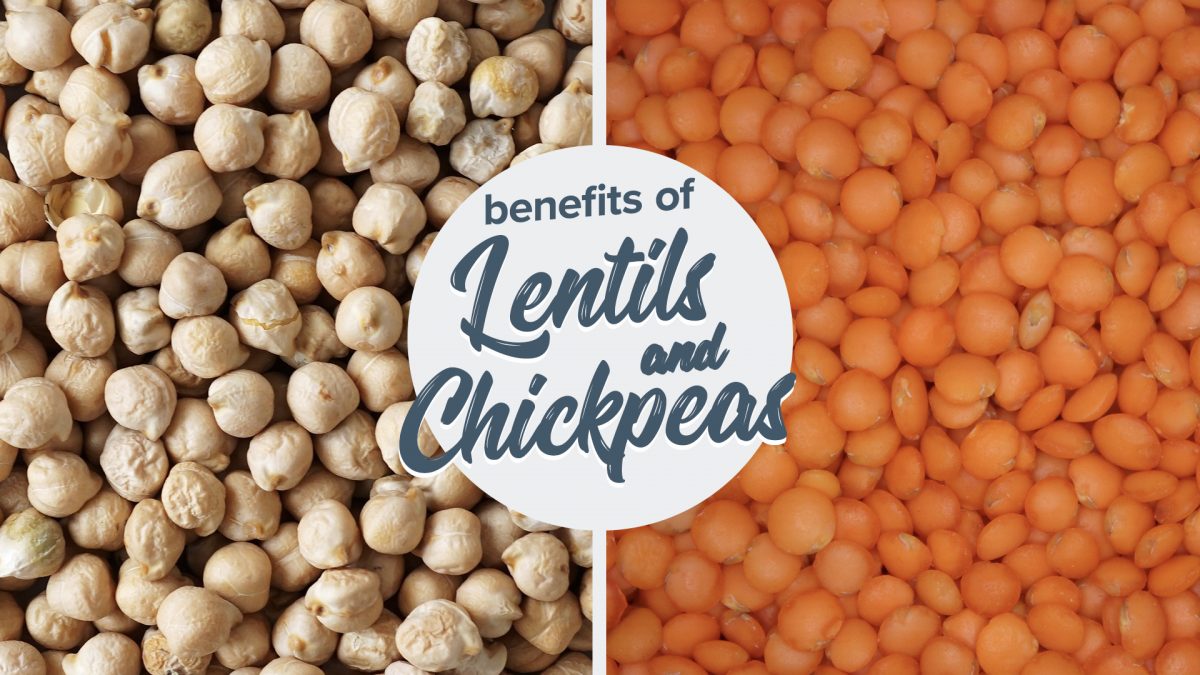
Beans
The most comprehensive analysis of diet and cancer ever performed was published by the American Institute for Cancer Research. Sifting through some half a million studies, nine independent research teams from around the globe created a landmark scientific consensus report reviewed by 21 of the top cancer researchers in the world. One of their summary cancer-prevention recommendations is to eat whole grains and/or legumes (beans, split peas, chickpeas, or lentils) with every meal. Not every week or every day. Every meal.
The federal government’s MyPlate campaign was developed to prompt Americans to think about building healthy meals. Most of your plate should be covered with vegetables and grains, preferably whole grains, with the rest of the plate split between fruits and the protein group. Legumes were given special treatment, straddling both the protein and the vegetable groups. They’re loaded with protein, iron, and zinc, as you might expect from other protein sources like meat, but legumes also contain nutrients that are concentrated in the vegetable kingdom, including fiber, folate, and potassium. You get the best of both worlds with beans, all the while enjoying foods that are naturally low in saturated fat and sodium and free of cholesterol.
Legumes comprise all the different kinds of beans, including soybeans, split peas, chickpeas, and lentils. While eating a bowl of pea soup or dipping carrots into hummus may not seem like eating beans, it is. We should all try to get three servings a day. A serving is defined as a quarter cup of hummus or bean dip; a half cup of cooked beans, split peas, lentils, tofu, or tempeh; or a full cup of fresh peas or sprouted lentils.
Legume consumption is associated with a slimmer waist and lower blood pressure, and randomized trials have shown it may match or beat out calorie cutting for slimming tummy fat as well as improving the regulation of blood sugar, insulin levels, and cholesterol. Beans are packed with fiber, folate, and phytates, which may help reduce the risk of stroke, depression, and colon cancer. The phytoestrogens in soy in particular appear to both help prevent breast cancer and improve breast cancer survival. No wonder the cancer guidelines suggest you should try to fit beans into your meals—and it’s so easy! They can be added to nearly any meal, easily incorporated into snack times, or served as the star attraction. The possibilities are endless.
For substantiation of any statements of fact from the peer-reviewed medical literature, please see the associated videos below.
Popular Videos for Beans

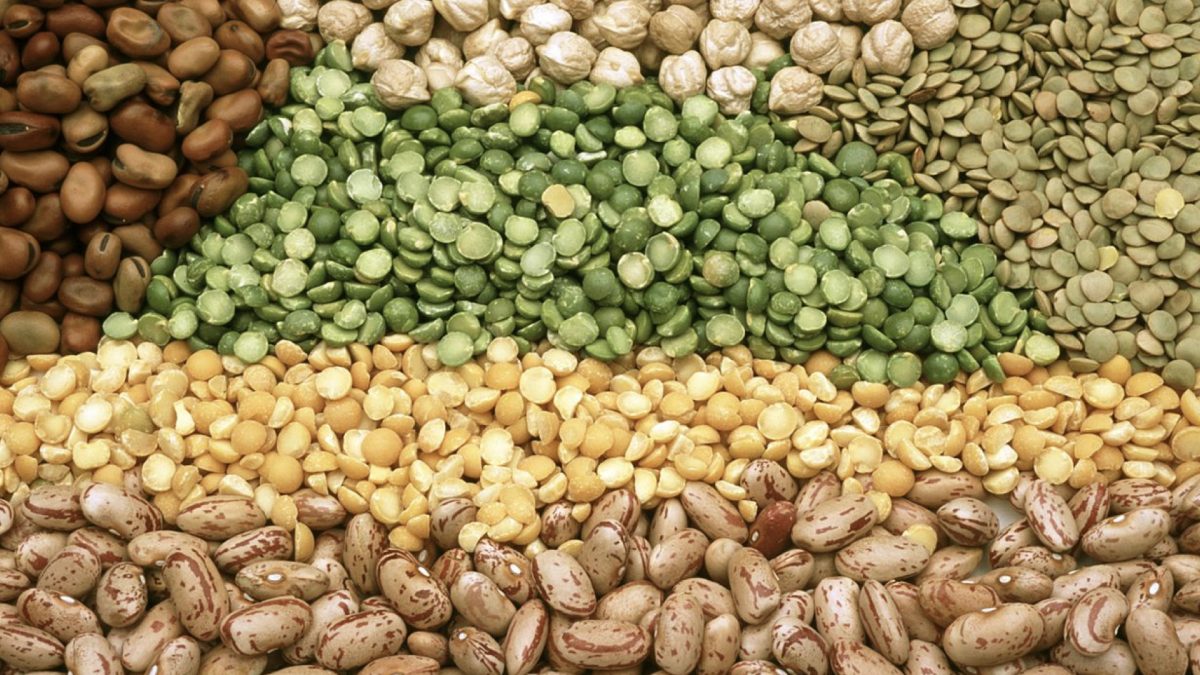
Benefits of Beans for Peripheral Vascular Disease
Do legumes—beans, chickpeas, split peas, and lentils—work only to prevent disease, or can they help...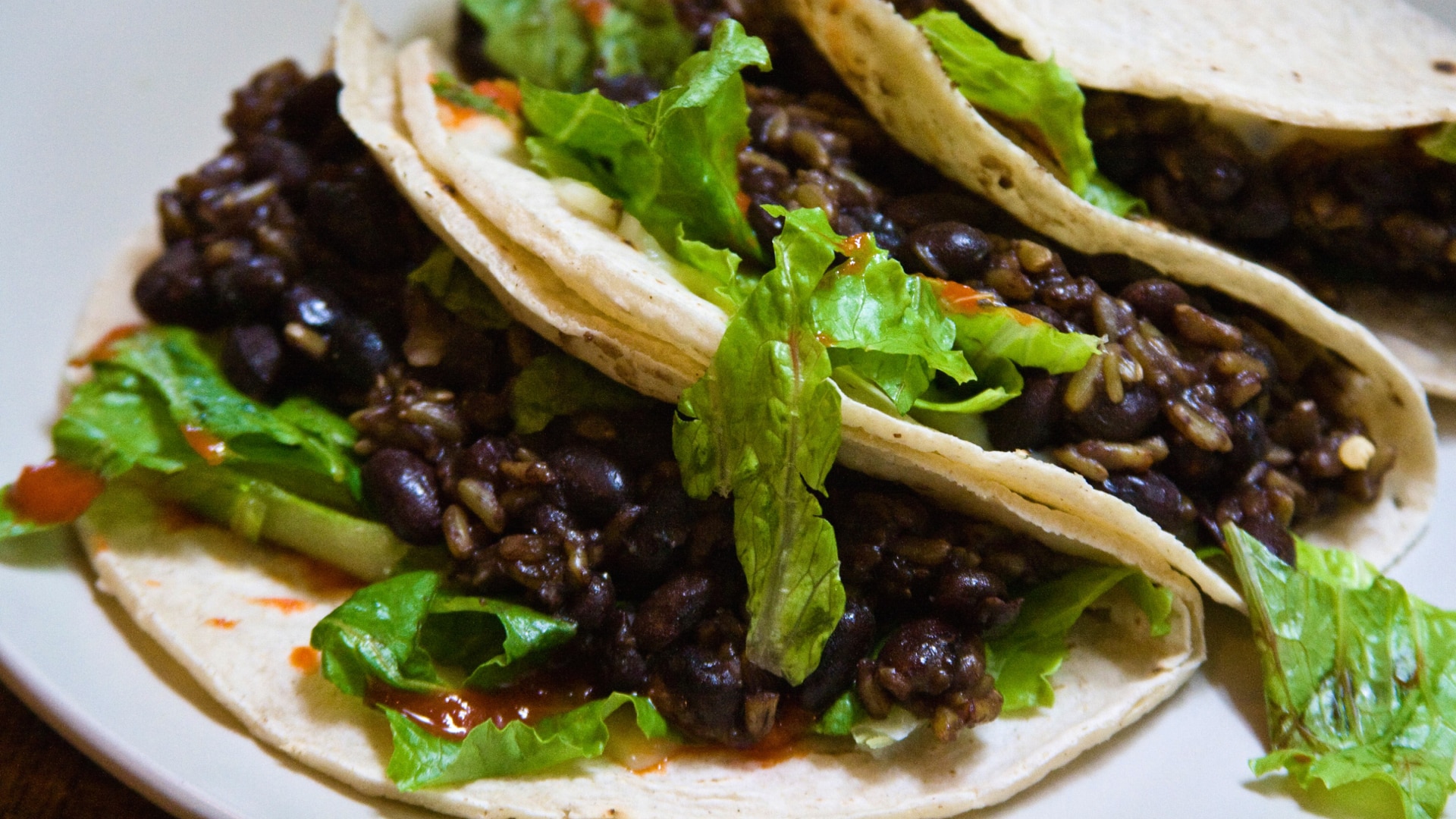
The Hispanic Paradox: Why Do Latinos Live Longer?
Despite less education on average, a higher poverty rate, and more limited access to health...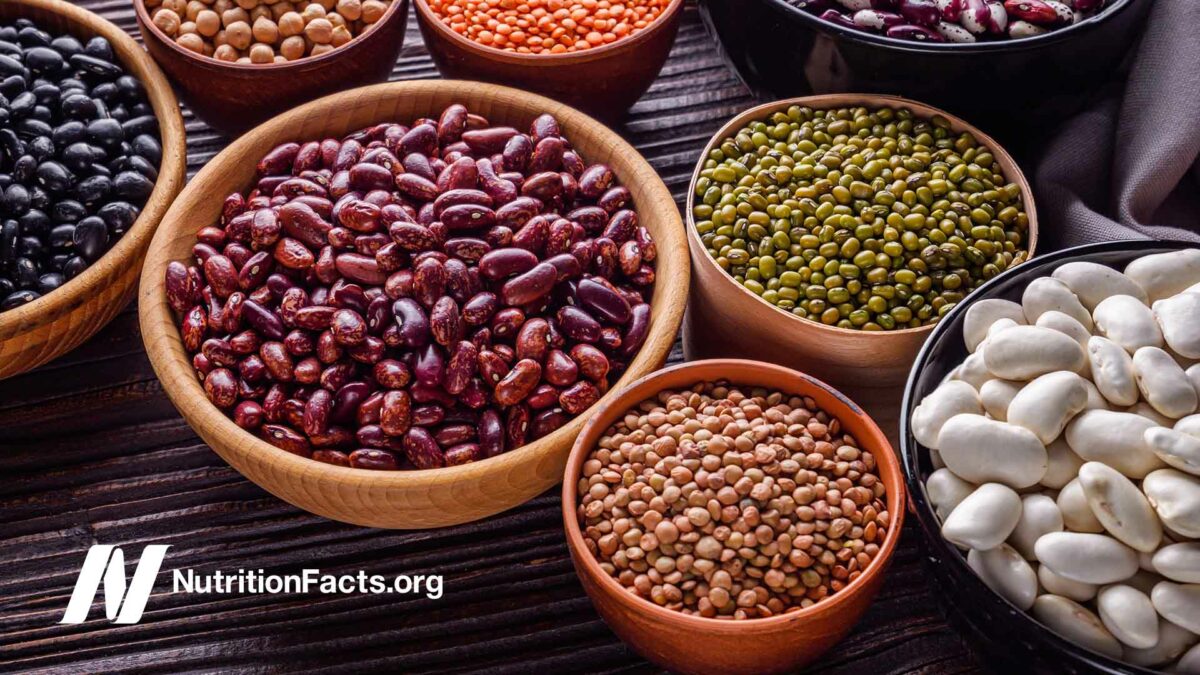
Beans, Beans, They’re Good for Your Heart
Legumes such as lentils, chickpeas, beans and split peas may reduce cholesterol so much that...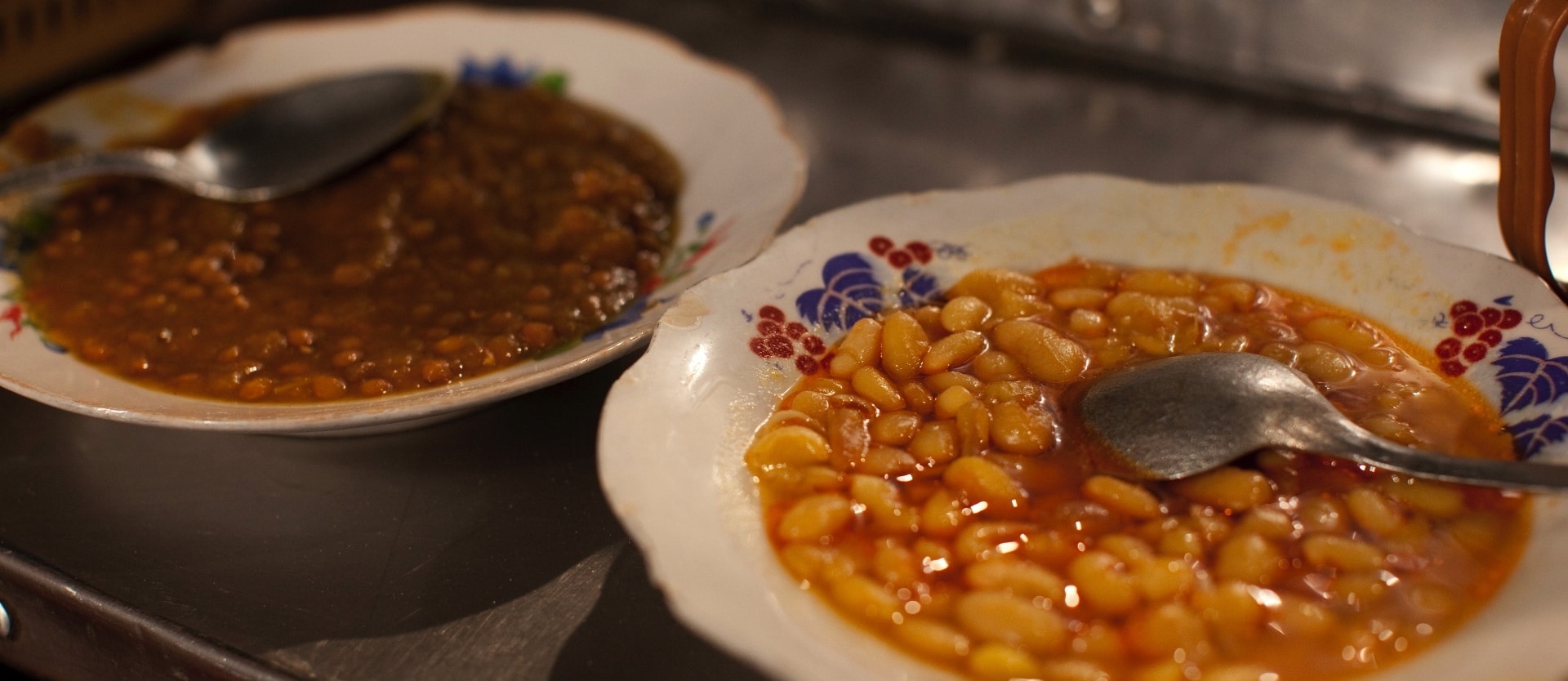
Diabetics Should Take Their Pulses
There's a reason that professional diabetes associations recommend bean, chickpea, split pea, and lentil consumption...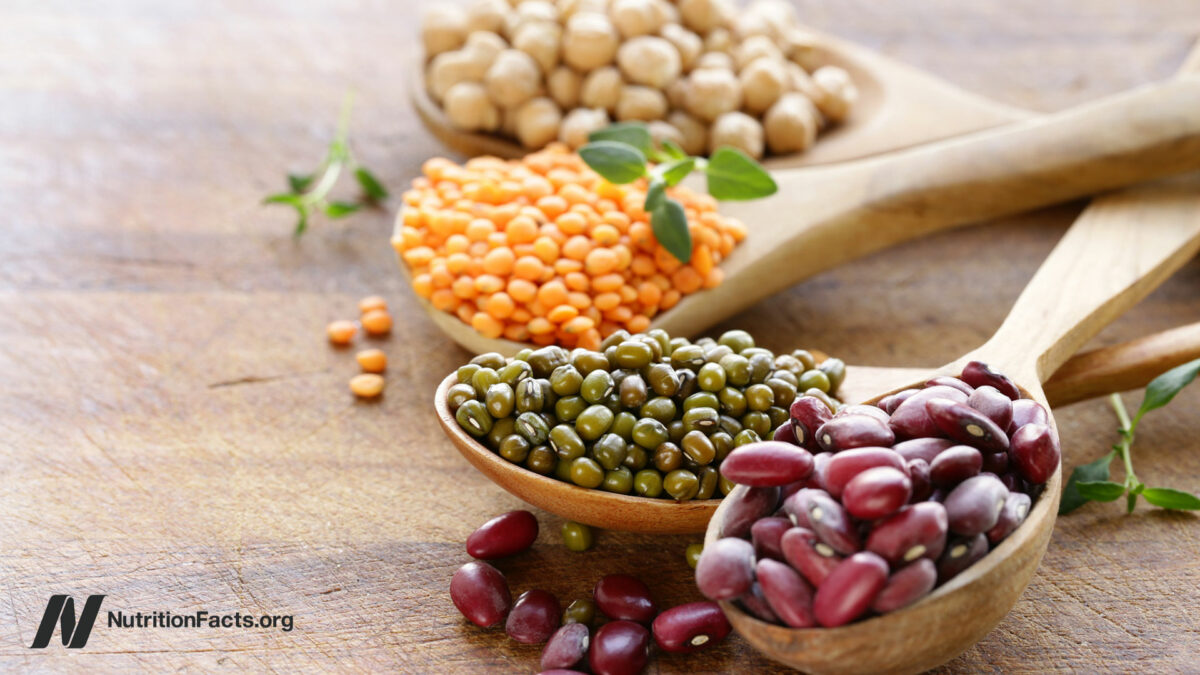
Preventing Prediabetes by Eating More
A head-to-head test of adding beans vs. portion control for metabolic syndrome.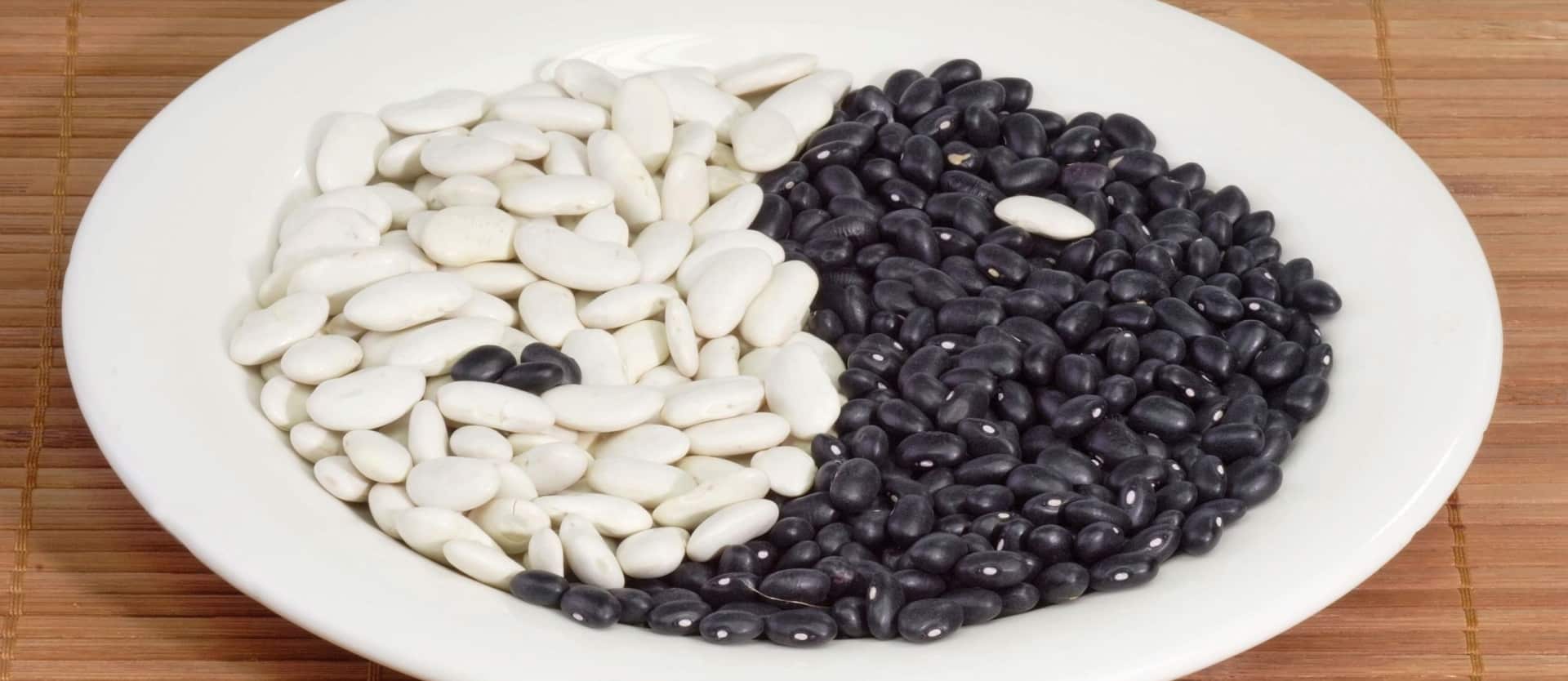
Phytates for Rehabilitating Cancer Cells
Unlike most other anticancer agents, the phytates naturally found in whole plant foods may trigger...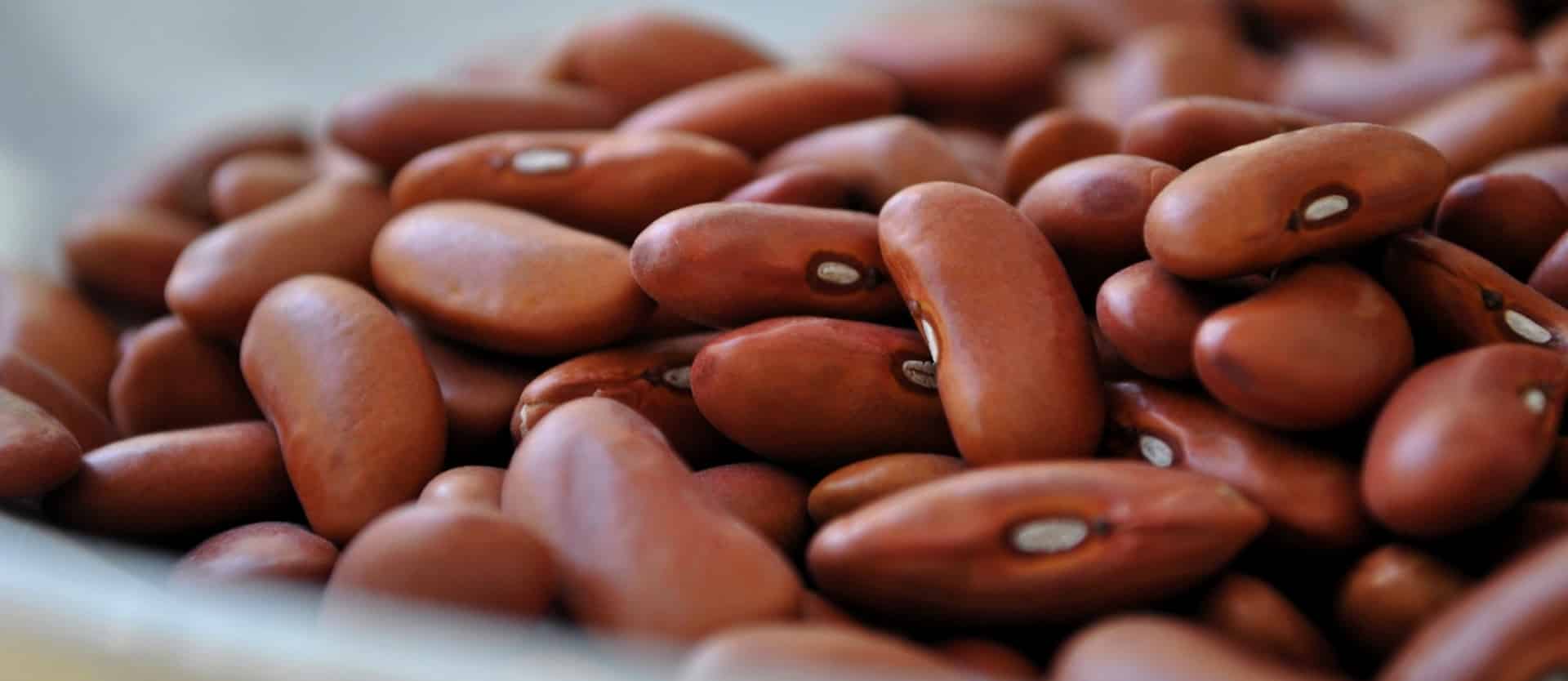
Phytates for the Prevention of Osteoporosis
Women who consume the most high-phytate foods (whole grains, beans, and nuts) appear to have...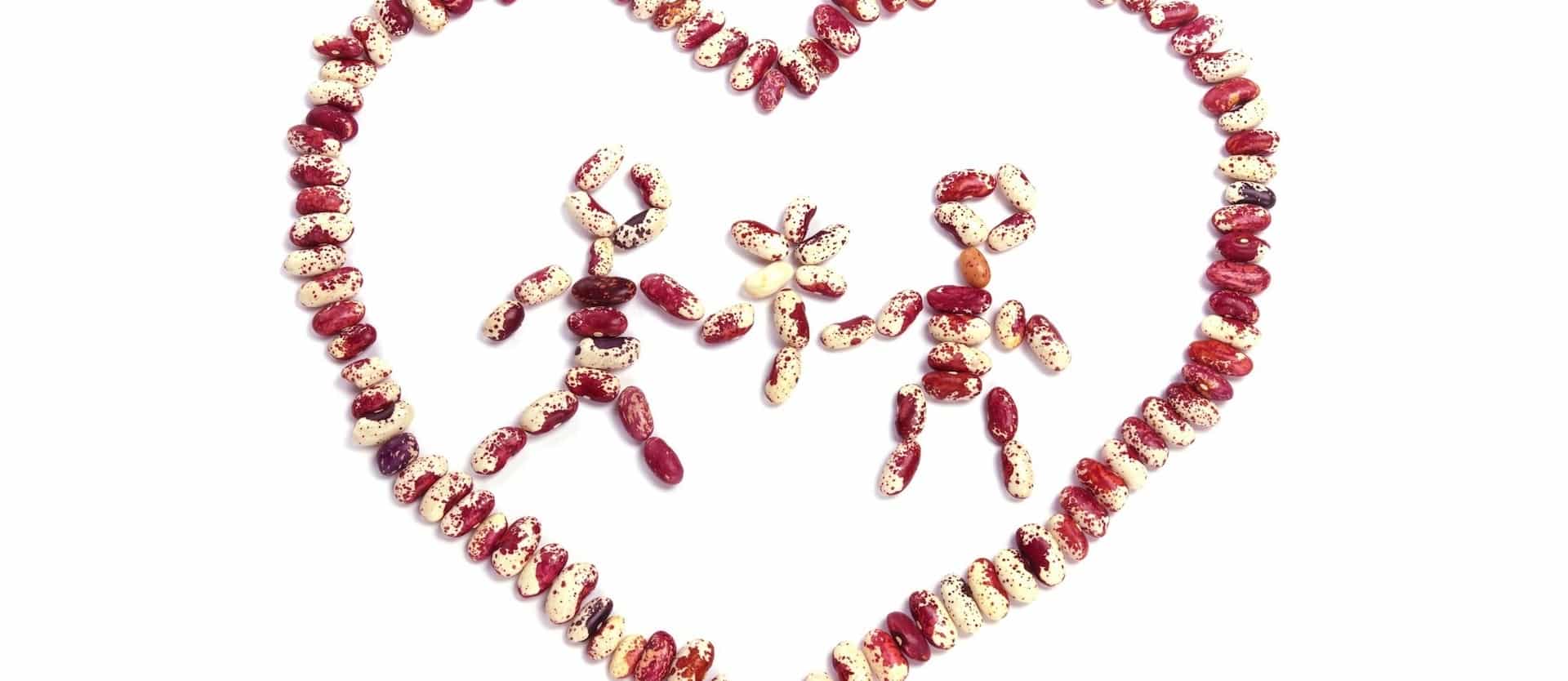
Increased Lifespan from Beans
The intake of legumes—beans, chickpeas, split peas, and lentils—may be the single most important dietary...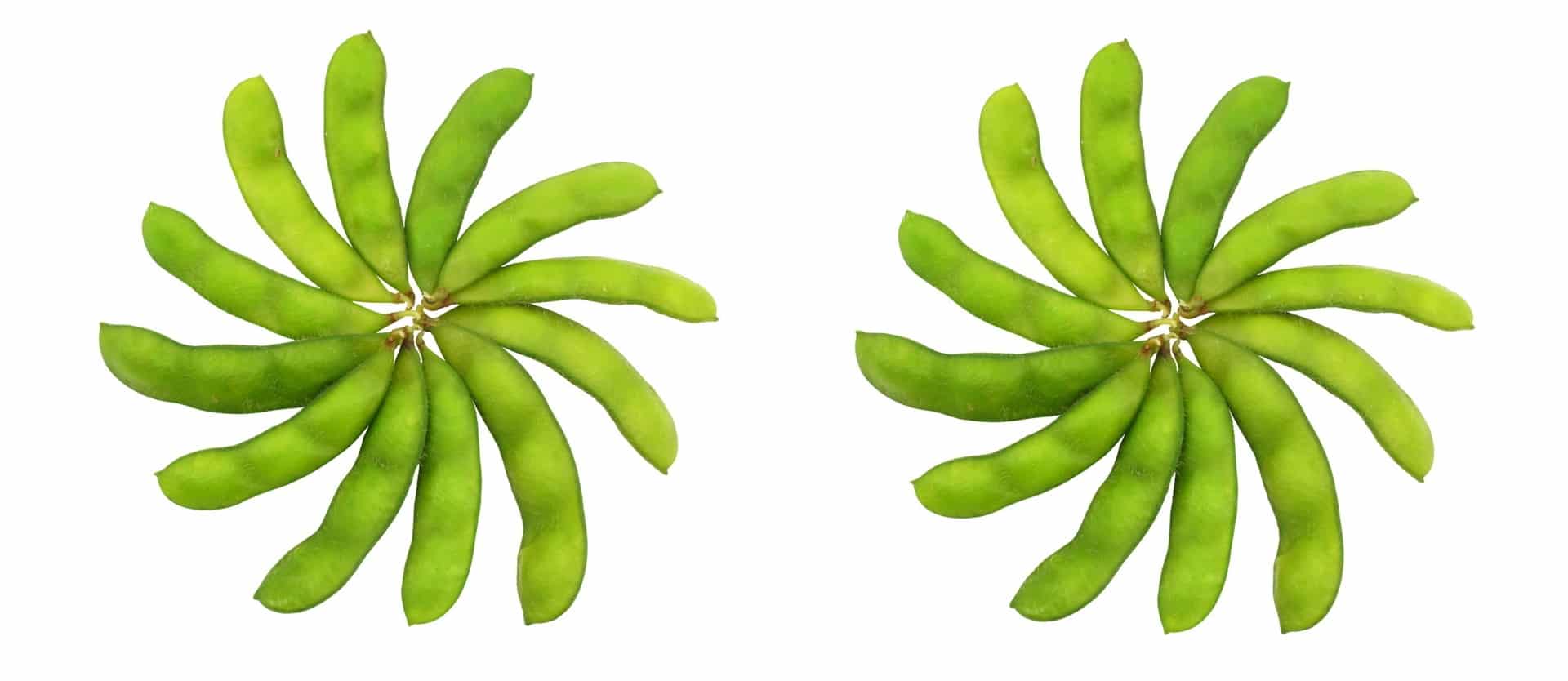
BRCA Breast Cancer Genes and Soy
One reason why soy consumption is associated with improved survival and lower recurrence rates in...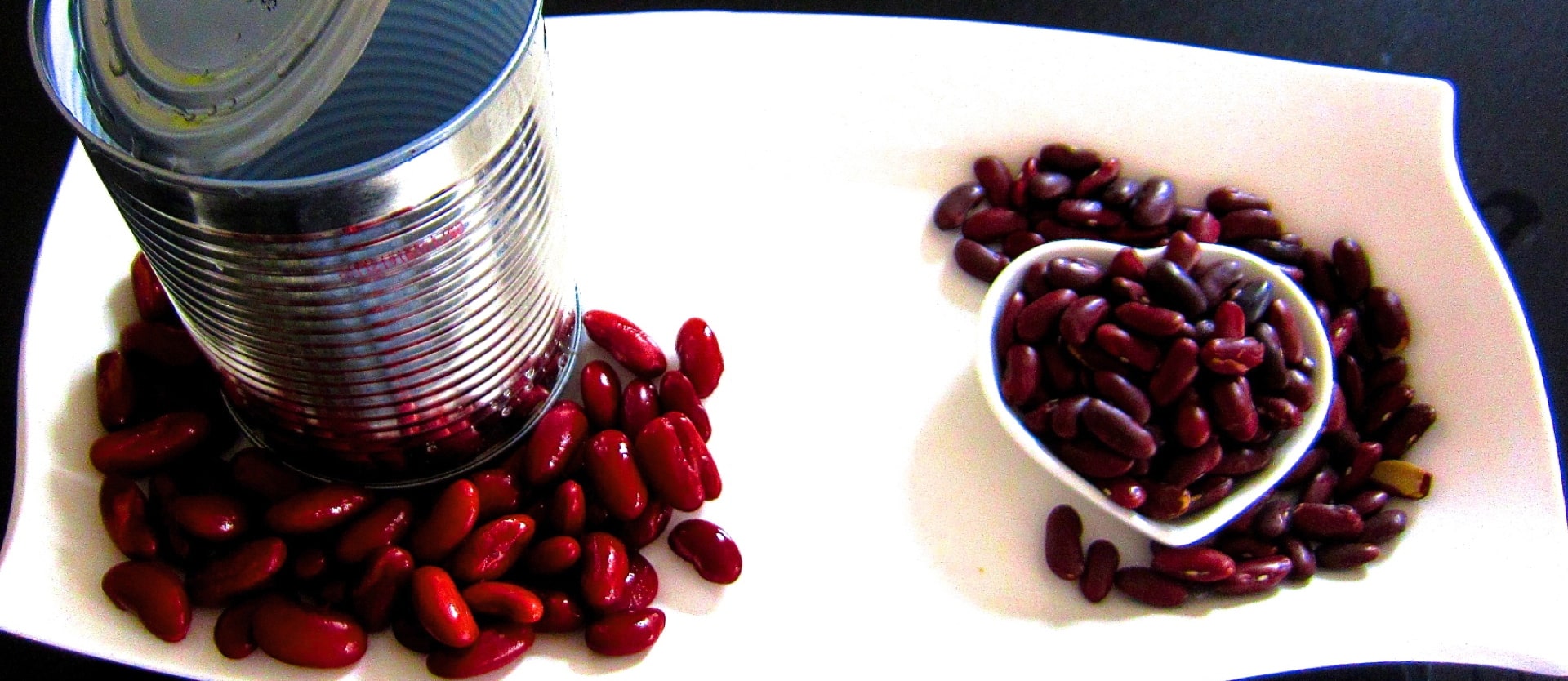
Canned Beans or Cooked Beans?
Canned beans are convenient, but are they as nutritious as home-cooked? And, if we do...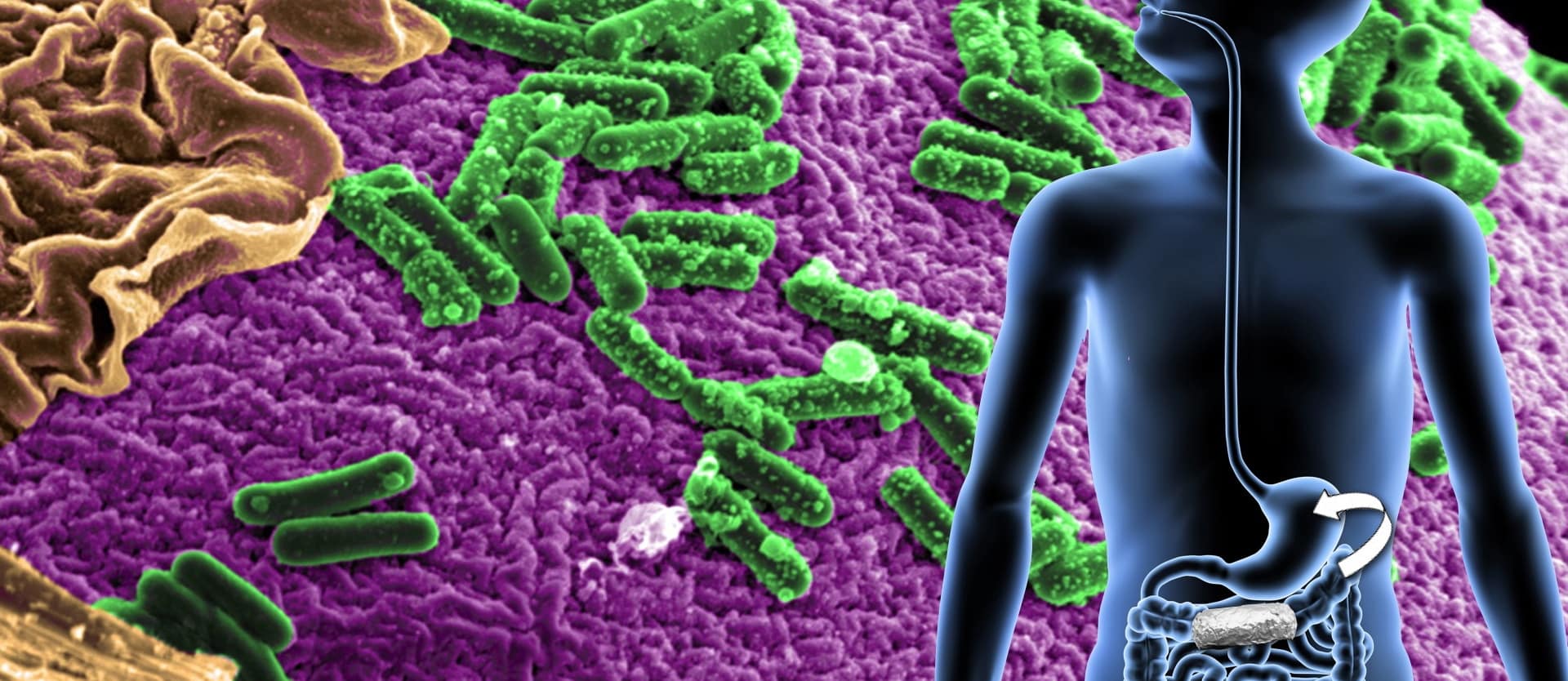
Beans and the Second-Meal Effect
The so-called "lentil effect" or "second meal effect" describes the remarkable effect of beans to...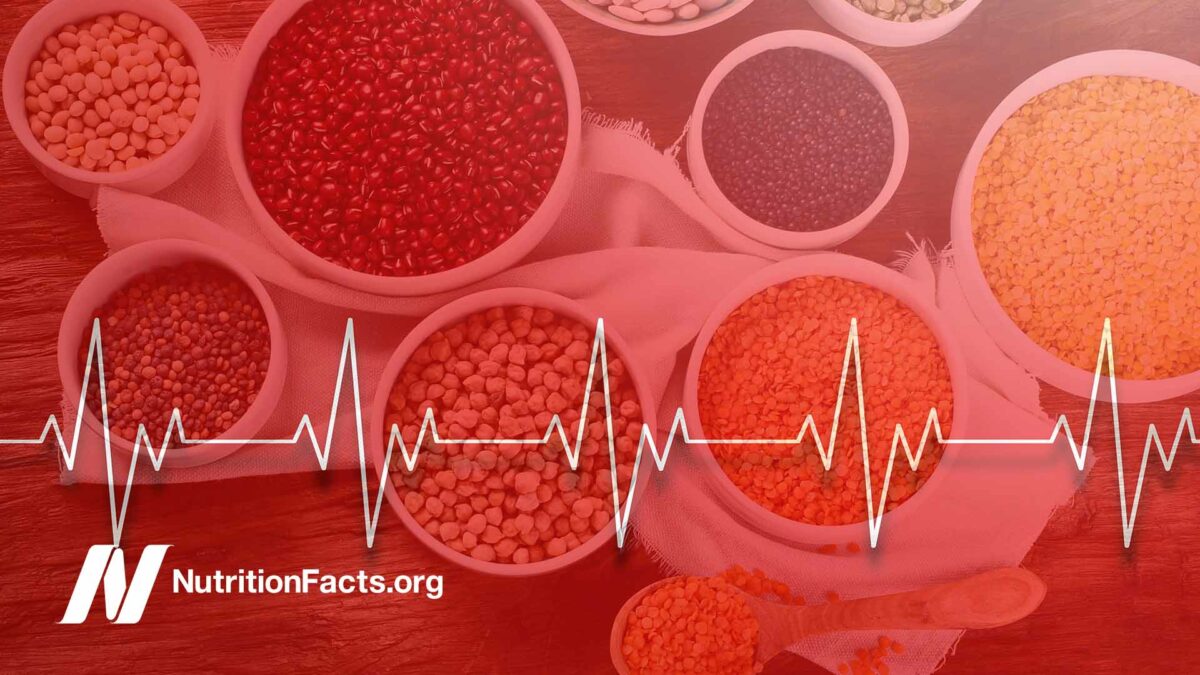
Slow Your Beating Heart: Beans vs. Exercise
A cup a day of beans, chickpeas, or lentils for three months may slow resting...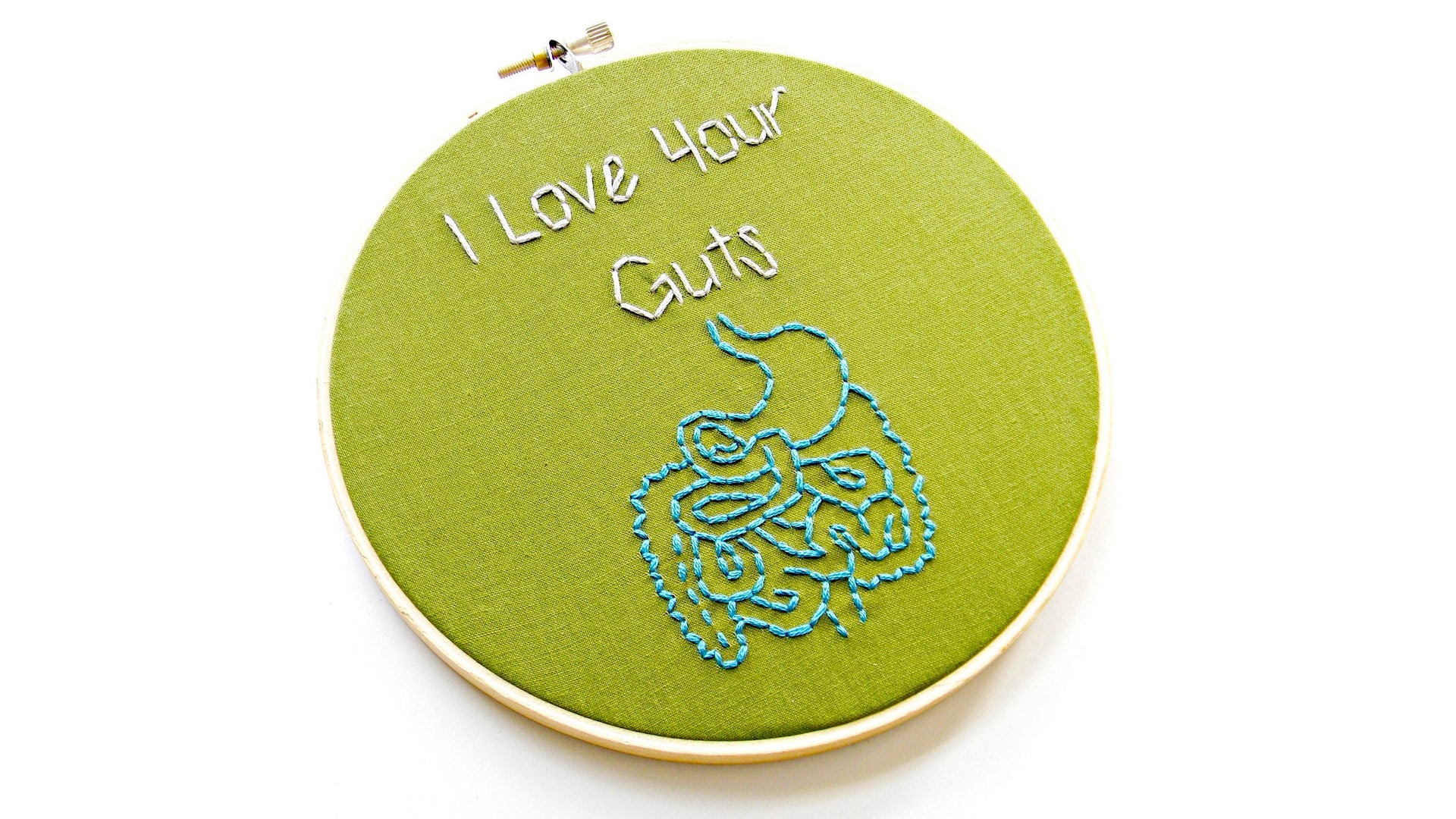
Gut Dysbiosis: Starving Our Microbial Self
Inadequate consumption of prebiotics—the fiber and resistant starch concentrated in unprocessed plant foods—can cause a...All Videos for Beans
-

One of the Most Effective Single Pieces of Advice for Weight Loss
Complicated weight-loss programs can work, but what if we only had to focus on a single dietary change to get the same benefits?
-

How to Boost Fat Burning by 25%
A single dietary change can increase our resting metabolic rate.
-

Healthy, Easy Recipes: Black Bean Stew, Kale Salad, and Molasses Cookies
Recipes from my new How Not to Age cookbook
-

How to Prevent and Treat Age-Related Hearing Loss
The diet and supplements that have been put to the test to prevent and even reverse hearing loss.
-

Can a Plant-Based Diet Reverse Type 2 Diabetes?
Diet as a primary intervention for type 2 diabetes is the most effective in achieving remission when emphasizing whole, plant-based foods with minimal consumption of animal products.
-

Preventing Gestational Diabetes During Pregnancy with Diet
Eating well-balanced plant-based diets during pregnancy can reduce risks of gestational diabetes and hypertensive disorders like preeclampsia.
-

Diverticulosis Diet: Should Nuts, Seeds, and Popcorn Be Avoided?
From a rarity to an epidemic disease, diverticulosis is a disease of fiber deficiency.
-

The Highest Antioxidant: Apple, Bean, Berry, Lentil, or Nut?
The best apple, bean, berry, lentil, and nut are the ones you’ll eat the most of; but if you don’t have a strong preference, which has the highest antioxidant power?
-

How to Get Enough Polyphenols for Life Extension
Is the link between flavonoid consumption and longevity cause-and-effect, and are all sources of flavonoids equally healthy?
-

Obesity: Is a GLP-1 Deficiency Its Cause, and How to Treat It Without Ozempic and Other Drugs
What is a safer and cheaper way to lose weight than GLP-1 drugs?
-

Does Drinking More Water Help You Lose Weight?
Those who stay hydrated tend to maintain a healthier body weight, but is it cause and effect?
-

How to Prevent Wrinkles with Diet
The evidence supports the recommendation to follow a whole food, plant-based diet for healthier looking skin.
-

How Not To Age – Live Presentation
In this live lecture, Dr. Greger offers a sneak peek into his latest book, How Not to Age, a New York Times Best Seller.
-

The Supplement Shown to Slow Age-Related Hearing Loss
Some studies found that higher levels of folate in the blood seem to correlate with better hearing, so researchers decided to put it to the test.
-

The Best Diet for COVID and Long-COVID
Healthy plant-based diets appear to help reduce the risk of severe COVID-19 and getting infected in the first place, even independent of comorbidities.
-

Targeting Angiogenesis to Lose Weight
Expanding body fat releases blood supply-generating factors that may end up hooking up tumors, too.
-

Greens, Green Tea, and Nuts Put to the Test for Telomeres
Not all plant foods are linked to less cellular aging based on telomere attrition, and not all animal foods are linked to more.
-

Plant-Based Pregnancy Outcomes and Breast Milk
The composition of breast milk is compared between vegetarian and nonvegetarian women.
-

Strategies to Eat Less Meat
What is the most effective way to help people reduce their meat consumption?
-

Plant-Based Diet for Treating and Reversing Stage 3 Kidney Disease
I share a touching story of the power of plant-based eating for chronic kidney failure.
-

Soul Food That’s Good for the Soul
The best of soul food’s origins are tied to the plant-centric West African diet.
-

How Does Oatmeal Help with Blood Sugars?
The prebiotic fiber in oats helps to explain why oatmeal can improve diabetic control.
-

Is Oatmeal Good for People with Diabetes?
Before there was insulin, there was the “oatmeal cure.”
-

The Impacts of Plant-Based Diets on Breast Cancer and Prostate Cancer
Why do people who eat more plants get less breast and prostate cancer?
-

Treating Parkinson’s Disease with Fava Beans (Faba or Broad Beans)
Fava bean sprouts and soy nuts are put to the test for Parkinson’s disease as natural sources of L-dopa.
-

Treating Parkinson’s Disease with Velvet Beans (Mucuna pruriens)
Since Parkinson’s is caused by a dopamine deficiency in the brain, what if you ate foods rich in the dopamine precursor levodopa?
-

The Best Diet for Cancer Patients
What diet should oncologists recommend?
-

The Harms Associated with Eating More Southern-Style Food
Diet appears to mediate the majority of the racial health gap.
-

Diet and Lifestyle for Cancer Prevention and Survival
What kind of diet should cancer patients eat?
-

Vitamin D May Explain Higher Bone Fracture Risk in Vegans
A combination of low calcium intake and low vitamin D exposure may explain higher bone fracture rates in British vegans.
-

How to Naturally Reduce Wrinkles with Food
Almonds are put to the test in a randomized controlled trial for facial wrinkles.
-

Low-Protein Diets for Parkinson’s Disease
How might we maximize the therapeutic efficiency of levodopa?
-

The Best Diet for Healthy Aging
Swapping just 1 percent of plant protein in place of animal protein was associated with significantly less age-related deficit accumulation.
-

The Best Diet for Treating Atrial Fibrillation
What foods should we eat and avoid to reduce our risk of Afib?
-

How to Cultivate a Healthy Gut Microbiome with Food
Our gut flora is determined by what we eat, for good or for ill.
-

How Much Does Meat Affect Longevity?
If you care about your health so much that it would be unthinkable to light up a cigarette before and after lunch, maybe you should order a bean burrito instead of a meaty one.
-

Potassium Chloride Salt Substitute Side Effects
Healthy kidneys are required for potassium excretion. If you aren’t sure if you’re at risk, ask your doctor about getting your kidney function tested.
-

Are Potassium Chloride Salt Substitutes Effective?
Is potassium chloride win-win by decreasing sodium intake and increasing potassium intake?
-

Blocking the Cancer Metastasis Enzyme MMP-9 with Beans and Chickpeas
Which legumes are best at inhibiting the matrix metalloproteinase enzymes that allow cancer to become invasive?
-

IARC: Processed Meat Like Bacon Causes Cancer
How did the meat industry, government, and cancer organizations respond to the confirmation that processed meat, like bacon, ham, hot dogs, and lunch meat, causes cancer?
